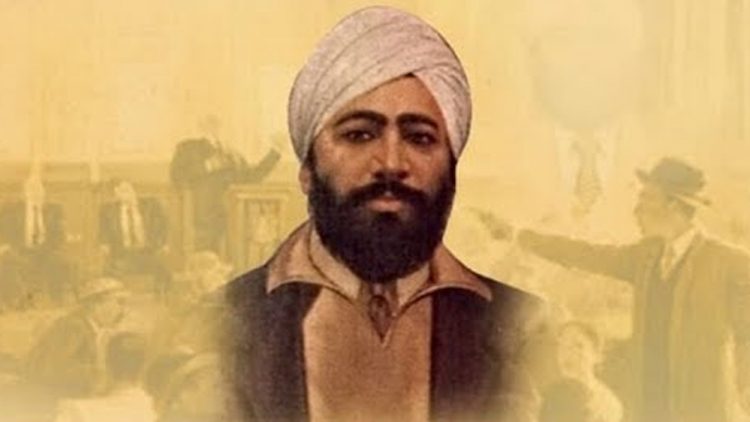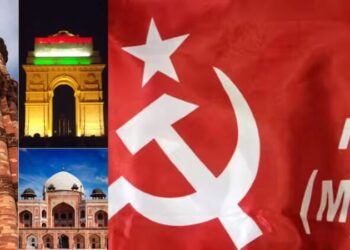Today marks the 81st death anniversary of India’s brave son Udham Singh, who fought till his last breath to gain independence from British rule. Singh breathed his last on July 31, 1940 at Pentonville Prison in London where he was charged and hanged for killing General Michael O’Dwyer.
He is often referred as Shaheed-E-Azam.
General O’Dwyer who was the Lieutenant Governor of Punjab, British India between 1913 and 1919 was responsible for the ruthless massacre in Jallianwala Bagh.
Udham Singh considered Bhagat Singh as his role model. Udham Singh became involved in revolutionary politics and was deeply influenced by Bhagat Singh and his revolutionary group. In 1924, Udham Singh became involved with the Ghadar Party, organising Indians overseas towards overthrowing colonial rule.
In 1927, he returned to India on orders from Bhagat Singh, bringing 25 associates as well as revolvers and ammunition. Soon after, he was arrested for possession of unlicensed arms. Revolvers, ammunition, and copies of a prohibited Ghadar Party paper called “Ghadr-i-Gunj” (“Voice of Revolt”) were confiscated. He was prosecuted and sentenced to five years in prison.
On 13 March 1940, Michael O’Dwyer was scheduled to speak at a joint meeting of the East India Association and the Central Asian Society (now Royal Society for Asian Affairs) at Caxton Hall, London. Singh concealed inside his jacket pocket a revolver he had earlier purchased from a soldier in a pub, then entered the hall and found an open seat. As the meeting concluded, Singh shot O’Dwyer twice as he moved towards the speaking platform. One of these bullets passed through O’Dwyer’s heart and right lung, killing him almost instantly. Others injured in the shooting included Sir Louis Dane, Lawrence Dundas, 2nd Marquess of Zetland, and Charles Cochrane-Baillie, 2nd Baron Lamington.
Singh surrendered immediately and took him into custody as he has taken avenge of Jallianwala Massacre.













